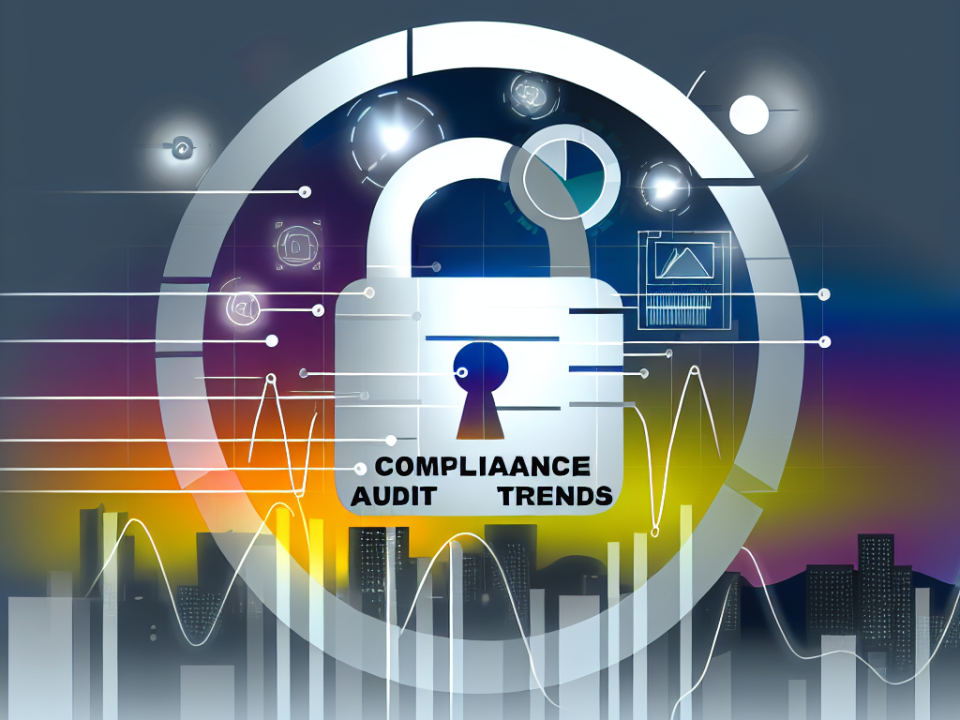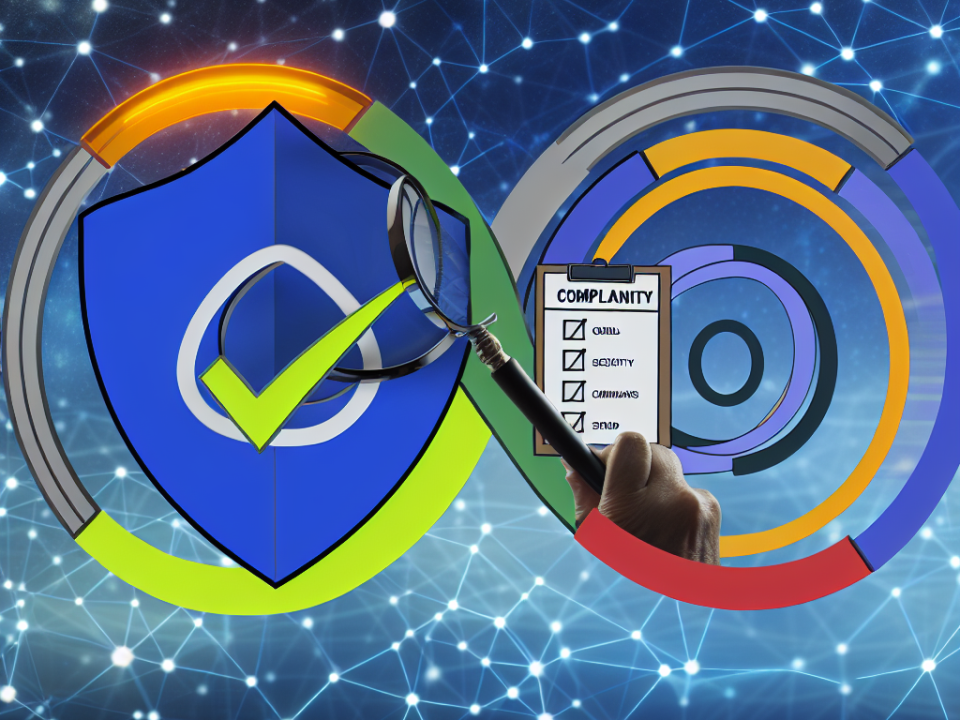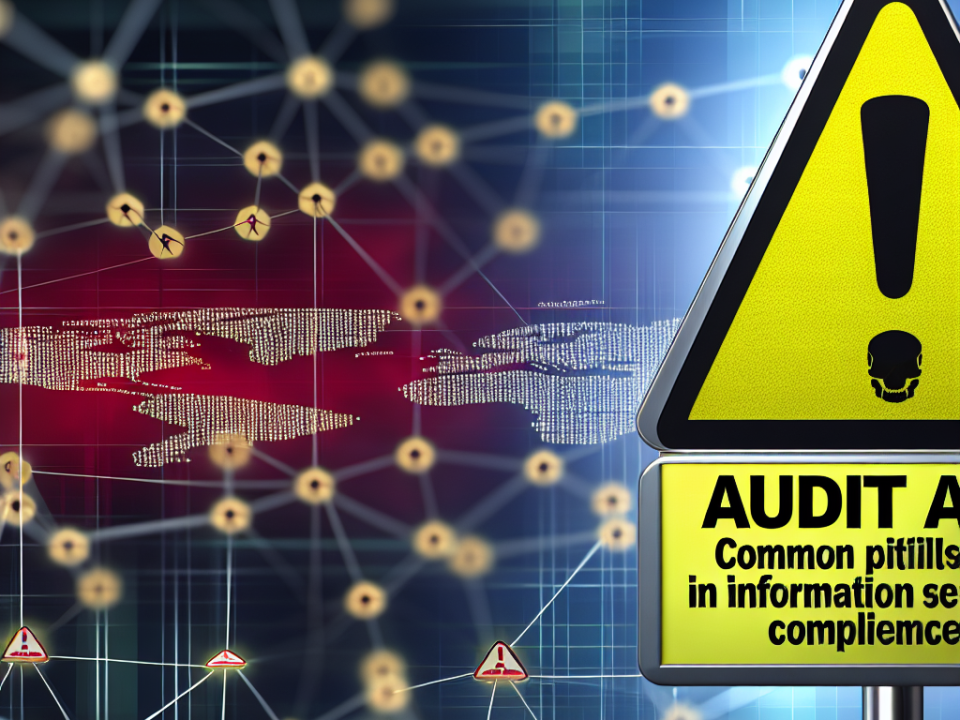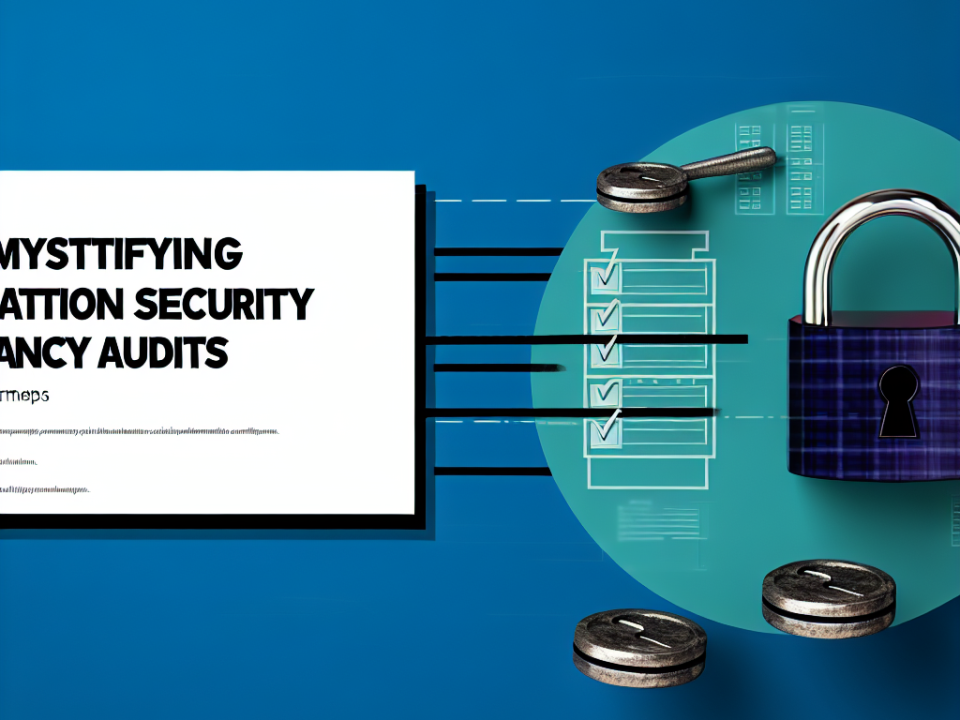
From Risk Assessment to Incident Response: Complete Your Cybersecurity Compliance Checklist
July 19, 2025
Feel free to modify or mix and match ideas to suit your audience!
July 20, 2025
In today’s interconnected digital landscape, data is often referred to as the new gold. Organizations collect vast amounts of information, from customer details to proprietary business strategies. However, with this rich repository of data comes significant risk. Cyberattacks and data breaches are more prevalent than ever, making security compliance a critical component of modern business strategy. Understanding and implementing security compliance is essential for protecting sensitive information and maintaining the trust of customers and stakeholders.
Understanding Security Compliance
Security compliance refers to the adherence to specific regulations, standards, and best practices that protect data integrity and privacy. These guidelines can come from governmental regulations, industry standards, or internal company policies. Examples include:
- GDPR (General Data Protection Regulation): A regulation in EU law on data protection and privacy.
- HIPAA (Health Insurance Portability and Accountability Act): A U.S. regulation that governs data privacy in the healthcare sector.
- PCI DSS (Payment Card Industry Data Security Standard): A set of security standards designed to ensure that companies that accept, process, store, or transmit credit card information maintain a secure environment.
The Importance of Security Compliance
-
Risk Mitigation:
Security compliance helps organizations minimize risks by identifying and addressing vulnerabilities. Regular audits and assessments allow businesses to stay ahead of potential threats, avoiding costly breaches. -
Reputation Management:
A single data breach can have long-lasting repercussions on an organization’s reputation. Customers and partners expect that organizations will take adequate measures to protect their data. Non-compliance can lead to loss of trust and, ultimately, loss of business. -
Legal and Financial Consequences:
Failure to comply with data protection regulations can result in hefty fines and legal penalties. For instance, GDPR violations can lead to fines up to 4% of a company’s global turnover or €20 million (whichever is greater). Being compliant not only helps avoid these penalties but also reduces potential legal liabilities. -
Competitive Advantage:
In an era where consumers are increasingly concerned about their data privacy, being compliant can set a business apart from competitors. Organizations that demonstrate a strong commitment to data security can build a loyal customer base, fostering long-term relationships. - Operational Efficiency:
Establishing compliance protocols often leads to improved internal processes. By standardizing data handling procedures, organizations can achieve better efficiency and streamline operations, leading to enhanced productivity.
Building a Culture of Compliance
To reap the benefits of security compliance, organizations must cultivate a compliance-oriented culture. This involves:
- Employee Training: Regular training sessions ensure that all employees understand the importance of data security and their role in maintaining compliance.
- Collaborative Approach: Involvement from various departments, such as IT, HR, and legal, ensures a holistic view of compliance from diverse perspectives.
- Continuous Monitoring and Improvement: Compliance is not a one-time effort but a continuous journey. Regular assessments and updates to security policies are crucial in responding to new threats and evolving regulations.
Conclusion
In a world where data breaches are commonplace and regulatory requirements are ever-changing, security compliance is not just a checkbox; it’s a necessity. Organizations that prioritize compliance not only protect their data but also enhance their reputation, foster customer trust, and drive operational excellence. As the digital landscape continues to evolve, investing in security compliance will be crucial for any organization aiming to thrive in this complex environment. By making compliance a cornerstone of their operations, businesses can safeguard their most valuable asset: their data.







